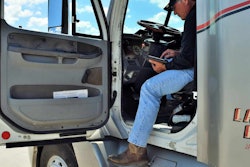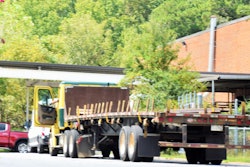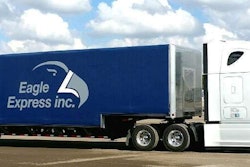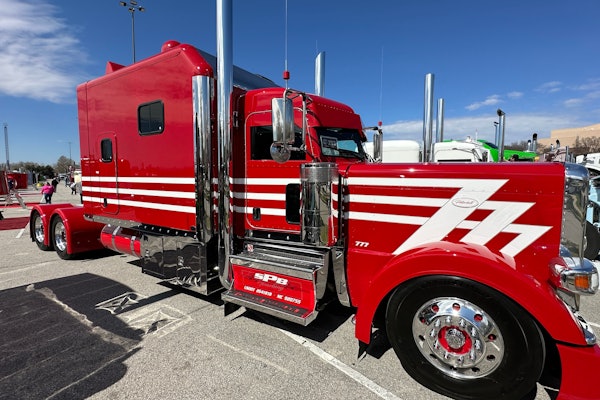A recent report on the nation’s worst freight bottlenecks shows not just how much time is wasted at certain urban tarpits, but also how quickly the clogging is progressing. The American Transportation Research Institute study found that in the 10 worst bottlenecks, truck speeds had dropped by an average of nearly 9 percent — in only one year.
So it’s no surprise that talk of a big infrastructure plan is back in the news. The American Trucking Associations’ Transport Topics reported Jan. 3 that Trump and congressional leaders had a consensus to produce an infrastructure bill this year. Trump later included the idea in his State of the Union address, a year after pitching a flawed matching funds proposal that hit a dead-end.
Now the House Ways and Means Committee has announced a March 6 hearing that, if its title is any indication, has high hopes for results: “Our Nation’s Crumbling Infrastructure and the Need for Immediate Action.” We’ll see.
Any worthwhile infrastructure solution will include an ongoing fix for the Highway Trust Fund, which depends on federal fuel taxes. Revenue has been declining for years, partly due to better fuel efficiency for all vehicles. Increasing acceptance of electric vehicles will make matters worse.
ATA, as it has for years, recently voiced its support for a fuel tax increase, but no politician up for re-election in less than two years wants to raise taxes on every voter. As for Trump leading that charge, he’ll get a lot more re-election mileage with his base by grandstanding for the far less expensive border wall.
If Washington continues to pass the buck, one of your main time problems – traffic – will get worse. That indirectly shines even more light on your other big time-suck — detention. Fixing the former is largely out of our industry’s control, but fixing the latter is not.
One aspect of modern trucking technology – really, any industry’s tech – is that as valuable data becomes available, it gets used in ways that please some and anger others. Think of Facebook’s whoring out of its user profiles. In trucking, many larger fleets’ ability to track freight has helped advance the practice of detention pay, which shippers and receivers had avoided for decades. Now even one-truck fleets are privy to wait time documentation via electronic logging systems.
Wasted time at shippers and receivers was always precious, but in a sense it’s more precious now. Not only are traffic chokepoints rapidly thickening, but with ELDs’ rigidity, most owner-operators lost some productivity that will never be recouped.
If the time and location data now captured industrywide by ELDs and other technology can be further leveraged into making fair pay for detention almost universal (or even better, pressing shippers and receivers to streamline dock operations), it would address one of the transportation industry’s most inexcusable inefficiencies. It also would recognize that trucking deserves as much respect as any player in the supply chain.









